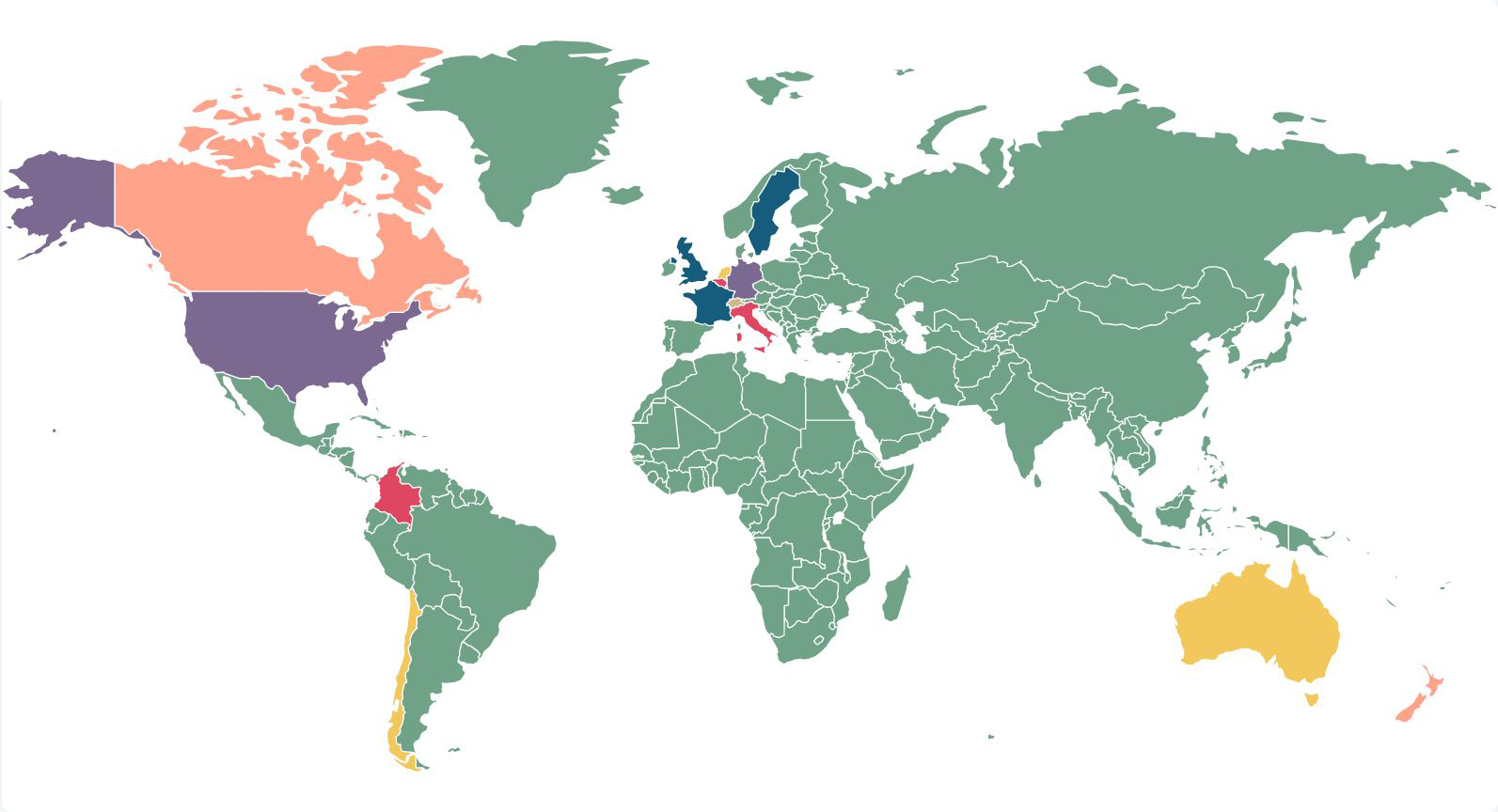Hillsborough Law duty of candour will be introduced by April 2025
Before any legislation for the proposed Hillsborough Law is introduced, there will be fundamental questions to be addressed, particularly over the implications of the planned duty of candour on the right to silence and the right against self-incrimination. Following the King's Speech and the Labour Party conference, Sir Kier Starmer promised that the Hillsborough Law will be introduced in Parliament before April 2025 to establish a legal duty of candour for public authorities in the aftermath of major public tragedies. Back in 2017 when the original Public Authority (Accountability) Bill was introduced by Andy Burnham MP, its aim was to "protect other families from going through what the Hillsborough families went through and from a similar miscarriage of justice." The Bill fell due to the general election in 2017 and there is currently no draft legislation before Parliament. It is anticipated that any future wording will closely align with that of the 2017 Bill.
Consultation on contempt of court will generate debate
The Law Commission consultation on contempt of court closed in November 2024, and its conclusions will lead to a longer term debate about the need for change in this area. The wide-ranging consultation reviewed the existing law on contempt of court, considering the need for reform to improve effectiveness, consistency and coherence. The Law Commission proposed that the two-year maximum sentence for contempt should remain. As an important tool for insurers when tackling fraudulent claims, our own response to the consultation agreed with that proposition. The maximum sentence should be applied more frequently if contempt is to be used as a true deterrent, although it is apparent that while Operation Safeguard (on prison overcrowding) remains live we are unlikely to see an increase in the number of or severity of contempt sentences being applied.
Injury claims from school environments expected to grow
Growth is expected in a wide range of claims relating to school environments, encompassing both injury claims and those based on the Equality and Human Rights Acts. Such claims cover a wide range of scenarios, from direct physical assaults perpetrated at student/student and teacher/student level to the misuse of equipment and claims arising out of alleged defects in the fabric of school premises. Reinforced Autoclaved Aerated Concrete (RAAC) has been identified in over 22,000 schools and the presence of remedial works, in some cases together with temporary and adapted buildings, is likely to increase risks and the potential for claims.
Silicosis claims set to increase
The number of claims reported via applications for Industrial Injuries Disablement Benefit arising out of silicosis is rising. The UK has not seen the large scale litigation which is ongoing in Australia and the US and similar class actions are unlikely in this country. A recent article in the British Medical Journal suggested that the use of engineered stone should be prohibited given the risk associated with it, though we are not aware of any intention on the part of the UK government to impose such a ban. There is an increasing awareness of the risks of silicosis. While this has yet to translate to claims, given the latency period between exposure and manifestation of symptoms, such claims may still be several years away.
Water utility companies will come under increasing pressure of claims for nuisance
As extreme weather events such as flooding increase, pressure will continue on the water supply network in relation to repair and renewal of its infrastructure. Delays in repair and renewal due to financial pressures combined with a focus on restricting end-point cost to the consumer may lead to an increase in claims relating to alleged water contamination and sewage pollution. Any discharge of pollutants or contaminated water supply has the capacity to affect a large number of people with an attendant risk of significant numbers of claims. The potential liability of water utility companies has been widened as a result of the Supreme Court decision in the Manchester Ship Canal case in 2024, in that they can be liable in nuisance for pollution caused by discharges of foul water even where there has been no negligence or deliberate misconduct. An increase in such nuisance claims is anticipated and first party property insurers are likely to want to put a renewed focus on pursuing subrogated recoveries for such losses.
Highways claims will be full of (pot) holes
We anticipate that the widely reported trend of problems arising out of road surfaces, such as potholes and general surface degradation, is likely to continue upward both in relation to own policy and third party claims. Road surface issues give rise to risks not just in respect of vehicle damage but also for vulnerable road users such as cyclists and motorcyclists, with highway authorities increasingly having to defend their inspection and repair procedures. As own policy claims increase, it is likely that there will be a concomitant rise in recovery actions by motor insurers. Increased repair costs generally across the motor market are likely to have significant upward impact on the value of road surface related claims which, combined with a higher incidence of such claims, will result in a costlier claims area for insurers.
Harassment of bombing victims will prompt legislation
Proposals to establish legislation to deter and punish harassment of individuals through online misinformation campaigns will gather momentum. A recent High Court decision found that two victims of the Manchester Arena bombing in 2017 had been harassed by an individual who claimed that the attack had been staged, and that the victims were perpetrating a hoax along with others as 'crisis actors'. The claim was brought under the Protection of Harassment Act, and the Court concluded that the actions of the defendant represented a reckless abuse of media freedom. In response to the decision, one of the victims proposed a new law to deter individuals from publishing unfounded opinions and allegations in their efforts to challenge official accounts of serious incidents, causing further injury to and promoting harassment of victims.




